Macht? - Power has been called many things. Pretty isn’t one of them: The Lame Duck vs. The Bear
- Fresh out of his latest Congressional election shellacking delivered by the minority who bothered to vote in the United States, the formerly most powerful leader in the world, US President Barack Obama, will star in a thriller this weekend, appearing in the same room with China's Xi Jinping, Japan's Shinzo Abe and - fasten your seat belts - Russia's Vladimir Putin.
What a drag - the Bomber-In-Chief must be musing. The global economy is mostly a disaster. China, even growing at "only" 7% a year, keeps eroding his "indispensable nation" aura. Japan has decided to copy the Federal Reserve and embark on its own kamikaze version of quantitative easing. Numerous Southeast Asian nations keep freaking out about a few rocks in the South China Sea.
And last but not least, Obama's nemesis, pesky Vlad "the Hammer" Putin, has just been crowned Most Powerful Leader in the world - even if for the most stupid reasons ("unpredictable" head of a "rogue state") [1] - while he, the Nobel Peace Prize leader of the exceptionalist, indispensable nation, is now nothing but a pitiful lame duck.
The get-together, extended to Monday and Tuesday, will be the highlight of the Asia-Pacific Economic Cooperation (APEC) summit in Beijing - actually, outside of Beijing, so presumably unpolluted blue skies may also have a chance at the photo op. This is APEC's 25th birthday. And the 20th birthday of the Indonesian summit in Bogor - I happened to be there - which, under Bill Clinton's flowery charm, set the 21-member APEC nations a goal of "free" and open trade and investment by 2020. "Free" as in US corporations dictating the rules, of course...
(Lame-duck Obama's brave new world. By Pepe Escobar, Asia Times Online, Nov 7, '14)

Was sagt uns das?
[1] Lohnend wäre eine genauere Auseinandersetzung mit der methodology of Ranking The World's Most Powerful People 2014:
What do the president of Russia, the richest man in China and the first woman ever to head a Big 8 automaker have in common? They’re all featured on Forbes’ 2014 ranking of the World’s Most Powerful People – an annual snapshot of the heads of state, CEOs, financiers, philanthropists and entrepreneurs who truly run the world.
The list represents the collective wisdom of FORBES editors and advisors, who consider hundreds of nominees before ranking the planet’s 72 power brokers — one for every 100 million on Earth. We measure their power along four dimensions...
The collective wisdom of FORBES editors and advisors, die hervorbringt, dass man Macht along four dimensions misst:
- whether the candidate has power over lots of people
- the financial resources controlled by each person
- determine if the candidate is powerful in multiple spheres
- make sure that the candidates actively use their power
scheint mir doch etwas unterkomplex heranzugehen und entsprechend zu recht seltsamen Ergebnissen zu kommen.
§ 16. Macht bedeutet jede Chance, innerhalb einer sozialen Beziehung den eigenen Willen auch gegen Widerstreben durchzusetzen, gleichviel worauf diese Chance beruht. [Max Weber - Wirtschaft und Gesellschaft]
Der Ansatz Power Structure Research und das Ringmodell der Machteliten (in Deutschland: H.J.Krysmanski) scheint mir in diesem Sinne eher geeignet zu sein, Machtstrukturen zu erfassen, weil er das "gleichviel worauf diese Chance beruht" genauer zu bestimmen versucht:
Vgl. Hans-Jürgen Krysmanski: Eliten. Eine Einführung
+ Die Online-Version der 1. Auflage 2004 von: Krysmanski, Hans Jürgen : HIRTEN & WÖLFE. Wie Geld- und Machteliten sich die Welt aneignen
Wollte man also die Macht des Wladimir Wladimirowitsch Putin analysieren, um seine wichtigste historische Leistung, nämlich verhindert zu haben, dass sein Land zu einer Peripherie des Westens zugerichtet werden konnte, und die daraus resultierenden Konflikte zu verstehen, bedürfte es einer solchen Analyse von Power Structure in Russland (und nicht einer psychologisierenden Simpeldeutung, wie Die Radikalisierungsdynamik des Putinismus - von Andreas Heinemann-Grüder, Blätter« 10/2014, Seite 77-86)
Material dafür hier: Russland-Analysen der Bundeszentrale für Politische Bildung
gebattmer - 2014/11/10 19:37

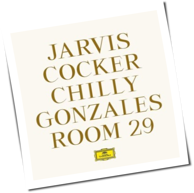







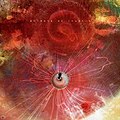













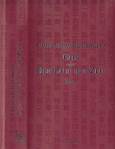
















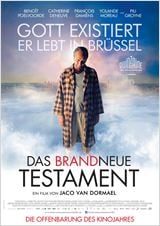











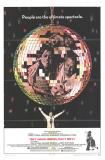






Trackback URL:
https://gebattmer.twoday.net/stories/1022369874/modTrackback